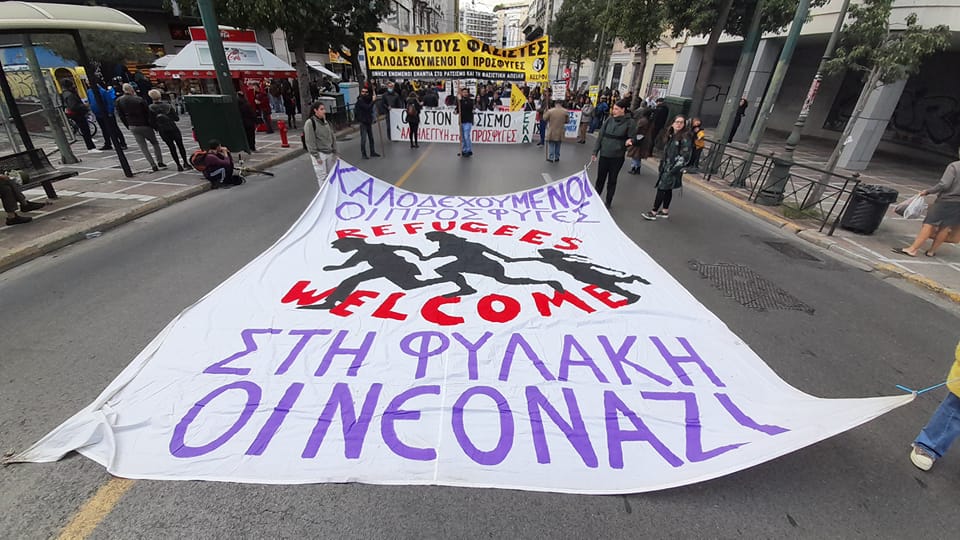In 2016, the European Union (EU) and Turkey reached a deal known as the EU-Turkey Statement, aimed at managing the large influx of refugees and migrants arriving in Europe from conflict zones in the Middle East and North Africa. Under the agreement, Turkey agreed to take back all refugees and migrants who arrived in Greece illegally, while the EU pledged to provide Turkey with financial assistance and visa liberalization for Turkish citizens.
One of the key provisions of the agreement was the establishment of a “one-for-one” system, where for every Syrian refugee returned to Turkey from Greece, the EU would resettle one Syrian refugee from Turkey. This was aimed at ensuring that refugees had access to safe and legal pathways to Europe, while also easing the burden on countries like Greece that had been overwhelmed by the large number of arrivals.
The agreement also included measures to strengthen Turkey’s asylum system, including providing additional funding for the country’s refugee response, and increasing support for vulnerable refugees, including women and children.
The EU-Turkey Statement has faced significant criticism from human rights organizations and some EU member states.
One of the main criticisms is that the agreement has led to the violation of the human rights of refugees and migrants, particularly in Greece. Human Rights Watch has reported that asylum seekers and migrants in Greece are being held in overcrowded and unsanitary conditions, with limited access to basic services such as food, water, and medical care.
This situation worsened after the Greek internal elections in 2019. The response of the right-wing ruling party in Greece to this crisis has been nothing short of disastrous. The new government implemented stricter border controls and a more restrictive asylum policy, which has led to a surge in the number of refugees stranded in Greece. Thousands of people, including women and children, have been living in overcrowded camps on Greek islands, waiting for their asylum claims to be processed. In 2020, the Greek government announced plans to relocate thousands of refugees to the mainland and to build new, more humane facilities on the islands. However, progress has been slow, and the situation remains precarious.
The agreement has also been criticized for effectively outsourcing Europe’s crisis to Turkey, a country that is itself struggling to manage a large influx of refugees. The Turkish government has been accused of using the agreement as leverage in its negotiations with the EU, and of exploiting the vulnerability of refugees to secure financial and political concessions.
Amnesty International has documented cases of refugees being forcibly returned to Turkey without proper asylum procedures, and has raised concerns about the risks faced by refugees who are returned to Turkey.
Now, with Turkey’s elections looming, rival parties are promising to deport millions of refugees and talking about plans to block borders by adding walls and fences and deportations.
In addition to these criticisms, the EU-Turkey Statement has done little to address the root causes of the crisis, and may be exacerbating the situation by making it more difficult for refugees to access safe and legal pathways to Europe.
The Alternative Intervention Lawyers of Athens recently released a statement denouncing the government’s increasingly racist policies towards refugees and immigrants. The statement highlights the rise of fascist gangs as a direct result of institutional racism, citing the daily drownings of refugees in the Aegean and Mediterranean seas, the pending Asylum and Migration Pact of the EU, illegal pushbacks, and the reinforcement of the Evros fence, as well as the militarization and closing of borders. The closure of the Eleonas structure and the ESTIA housing program has also contributed to the plight of thousands of vulnerable refugees who are forced to live in inhumane and degrading conditions without access to basic healthcare and education.
In protest of these policies, dozens of organizations and institutions defending the rights of refugees and immigrants held a demonstration in Athens on March 18.
.
Post Update (April 10)
Minos Mouzourakis is Legal Officer at Refugee Support Aegean (RSA), a non-profit organization offering legal support to refugees and asylum seekers in Greece. He has previously worked at the European Council on Refugees and Exiles (ECRE) on the Common European Asylum System and its implementation, and has conducted research for the European Parliament, UNHCR and the University of Oxford. Minos holds an MSc in Refugee & Forced Migration Studies from the University of Oxford and law degrees from University College London and Aix-Marseille Universite.
Mouzourakis discussed Europe’s migration management policies with a focus on the human rights impact of the Deal and articulated the concerns centered on the “safe third country” concept that risks massive rejections of asylum applications in Europe, including the Greek authorities’ urge to return asylum seekers back to Turkey.
On The Move: Human rights impact of the EU-Turkey Deal, Guest Minos Mouzourakis, RSA








